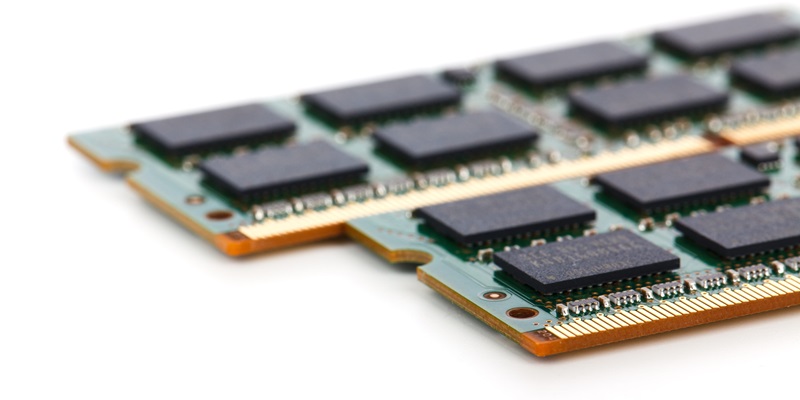Samsung, one of the leading technology giants, is set to showcase its fastest and next-generation GDDR7 memory modules in the coming month. These modules boast incredible speeds of up to 37 Gbps, promising a significant leap forward for next-generation GPUs.
Comparison to Existing Technology
The current GDDR6X DRAM, which offers a maximum speed of 24 Gbps, will soon be outshined by the remarkable 50%+ uplift offered by the GDDR7 memory. Even the highest speeds attained with GDDR6 memory, such as the 23.5 Gbps on the popular NVIDIA RTX 4080 SUPER graphics card, will pale in comparison.
Development of GDDR7 memory
Samsung has been steadily advancing GDDR7 memory technology. Just a few months ago, the company proudly announced that they had internally achieved speeds of up to 36 Gbps with this next-generation memory. While it is uncertain if these faster speeds will be conveniently available in mass-produced quantities to meet the demands of next-gen gaming and AI GPU lineups, we can anticipate speeds ranging between 32-36 Gbps in the upcoming generation of GPUs.
Benefits of GDDR7 memory
In addition to its impressive speeds, GDDR7 memory offers a 20% increase in efficiency. This is particularly significant given the immense power consumption associated with high-end GPUs. By improving efficiency, GDDR7 memory will help reduce power consumption, resulting in better performance and longer battery life for mobile devices utilizing these GPUs.
Specialized Features of Samsung GDDR7 DRAM
Samsung has implemented technology optimized specifically for high-speed workloads in its GDDR7 DRAM. This ensures that the memory modules can handle demanding tasks seamlessly. Furthermore, Samsung is offering a low-operating voltage option specifically designed for power-conscious applications like laptops. This will enable energy-efficient performance without compromising on speed.
Thermal considerations
Thermal management is a critical aspect of memory modules, especially when they operate at high speeds. To address this challenge, Samsung has incorporated an epoxy molding compound (EMC) with high thermal conductivity into the GDDR7 memory. This innovative addition reduces thermal resistance by up to 70%, ensuring better heat dissipation and maintaining optimal performance even under heavy workloads.
Early evaluations and market impact
Reports from August indicated that Samsung had already begun sampling its GDDR7 DRAM to NVIDIA, allowing for early evaluations of its next-generation gaming graphics cards. This collaboration between Samsung and NVIDIA is poised to revolutionize the graphics DRAM market, offering substantial speed improvements for the upcoming generation of GPUs. The introduction of Samsung’s GDDR7 memory will undoubtedly increase competition among manufacturers, leading to advancements and innovations in the market.
Samsung’s plan to unveil its fastest and next-gen GDDR7 memory modules signifies a significant technology leap for the graphics memory industry. With speeds of up to 37 Gbps, GDDR7 memory surpasses its predecessors, promising better performance and enhanced efficiency. As Samsung continues to refine and develop this groundbreaking memory technology, we can expect it to play a pivotal role in shaping future GPU advancements, benefiting both the gaming and artificial intelligence industries.

